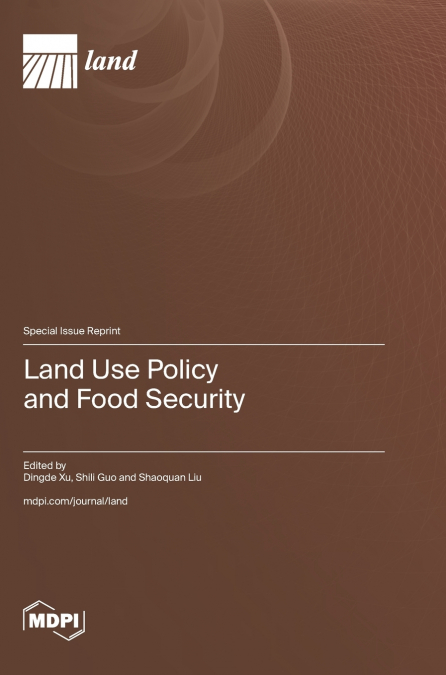
Food security is foundational for the stable development of society and the economy, with the land use policy of a country being closely related to its food security. For example, in recent years, China has implemented a large number of land use policies (such as high-standard farmland construction, one household and one field, the separation of three rights, etc.), which have profoundly affected the development of related markets (the non-agricultural employment market, land transfer market, and socialized service market), changed the pattern of land use by farmers (self-support, transfer and abandonment of land), and contributed to the food security and sustainable development of China and even the world more broadly. However, we still lack comprehensive research and understanding in terms of how these useful land use policies systematically affect market development, how the land use patterns and planting structure of farmers can be reshaped, and food security and sustainable development can be ensured for this population. Based on this background, this Special Issue is dedicated to building a theoretical and practical research platform for studies systematically assessing the direct and indirect impacts of land use policies on food security and sustainable development.